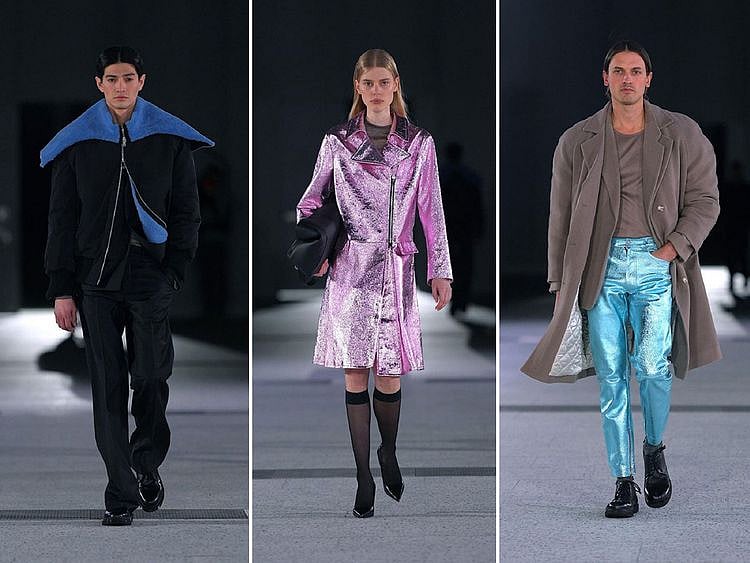Copenhagen Fashion Week concludes
The event focused on sustainability in order to cut waste

The 2022 Copenhagen Fashion Week, which concluded recently, brought to the fore some of the coolest new fashion trends. Striking colours were all the rage, but they were offset by tailored coats in muted greys and blacks. However, what really set Copenhagen Fashion Week apart was its focus on sustainability.
The fashion week first devised a Sustainability Action Plan 2020-2022, which was unveiled on 28 January 2020: The idea was to reduce the negative impact of the industry and build a show that is sustainable, and brings about change.
“All industry players – including fashion weeks – have to be accountable for their actions and be willing to change the way business is done. The timeframe for averting the devastating effects of climate change on the planet and people is less than a decade, and we’re already witnessing its catastrophic impacts today. Put simply, there can be no status quo,” said Cecilie Thorsmark, CEO of Copenhagen Fashion Week, at the press conference for the launch of the plan.
The Sustainability Action Plan 2020-2022 reduced the climate impact of the show by 50% and revisited waste systems. The plan was developed with Copenhagen Fashion Week’s partner, In futurum, which was founded by Moussa Mchangama and Frederik Larsen. Other people who were actively involved in the process were Copenhagen Fashion Week’s Board of Directors and Sustainability Advisory Board, including industry leaders such as Ganni’s founder Nicolaj Reffstrup and Global Fashion Agenda’s CEO Eva Kruse.
The organisers also announced a 15-step guide to making the fashion week more sustainable. These included steps for participants, sponsors, visitors, suppliers and models. For instance, it urged organisers to pick organic and fair-trade options for catering. While single-use plastic bottles were banned at the shows, as were single use hangers and plastic protection for clothing.
Copenhagen Fashion Week seeks to address three UN Sustainabile Development Goals through its efforts, these include: SDG 12 - Responsible consumption and production, SDG 13 - Climate Action and SDG 17 - Partnerships for the goals.
Meanwhile, on the fashion front, the shows didn’t disappoint. There were plenty of fluffy apparel to cut a neat look on the streets. There were cargos galore, along with chic rain-repellent trench coats for added romanticism. Another trend was puffed Eighties shoulder pads, as well as reptilian prints.
Sign up for the Daily Briefing
Get the latest news and updates straight to your inbox
Network Links
GN StoreDownload our app
© Al Nisr Publishing LLC 2025. All rights reserved.